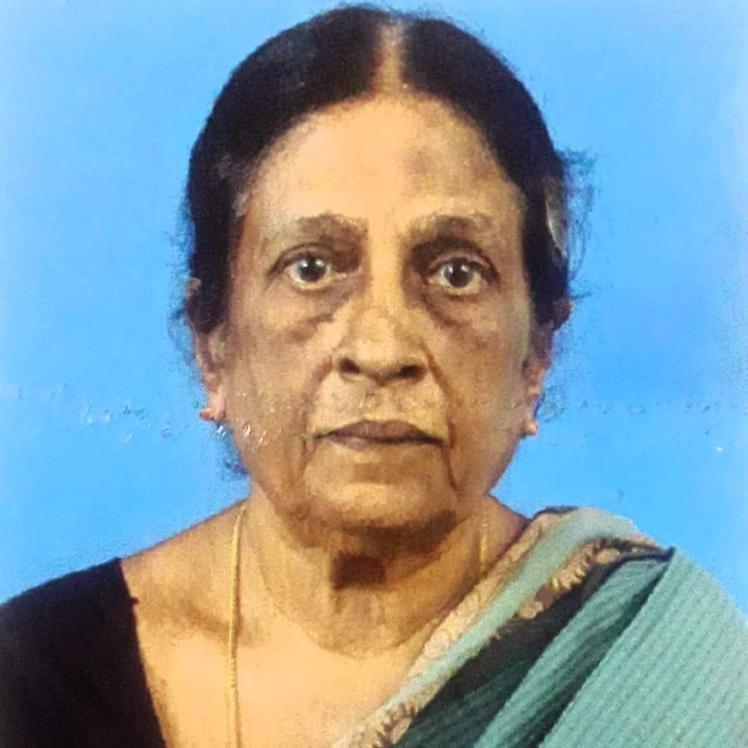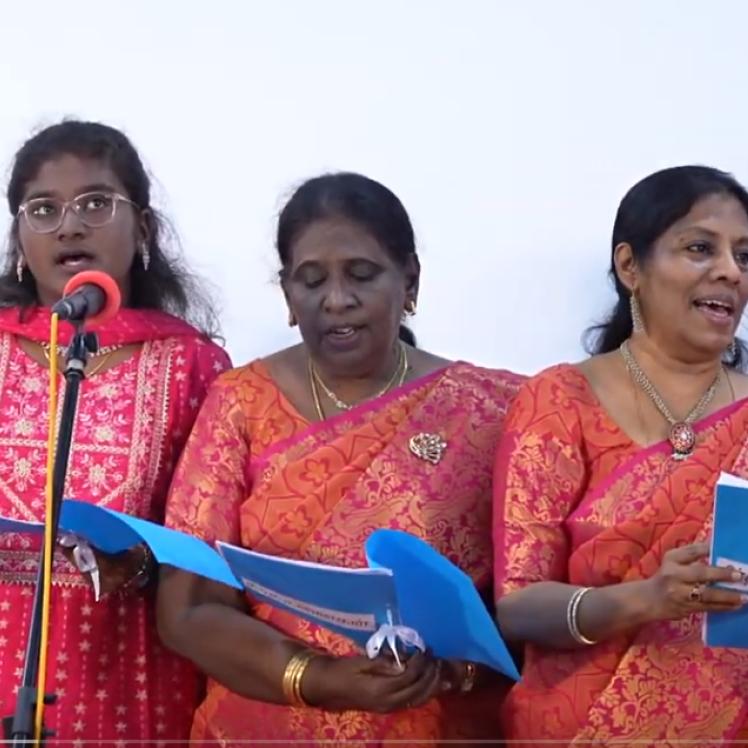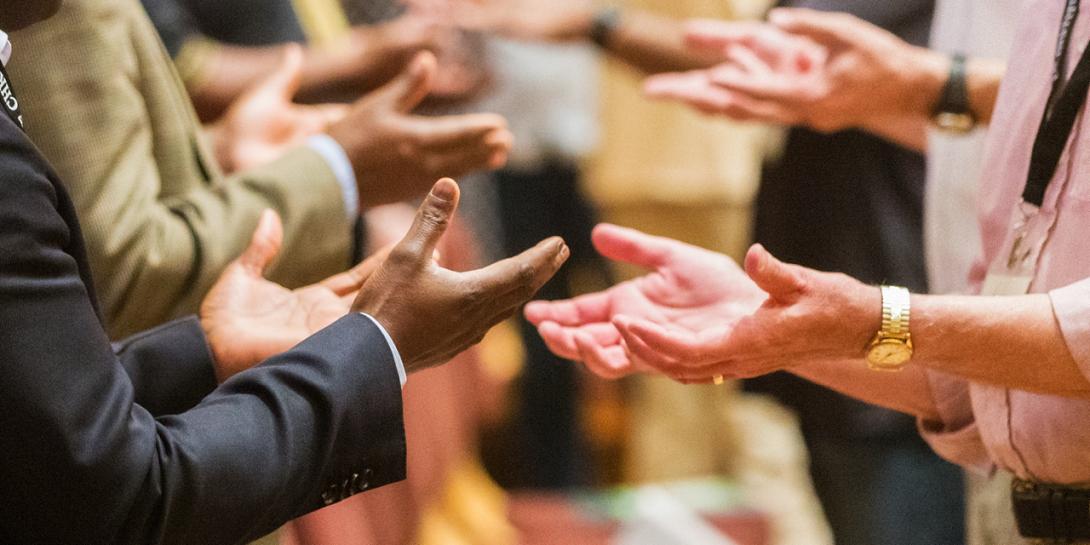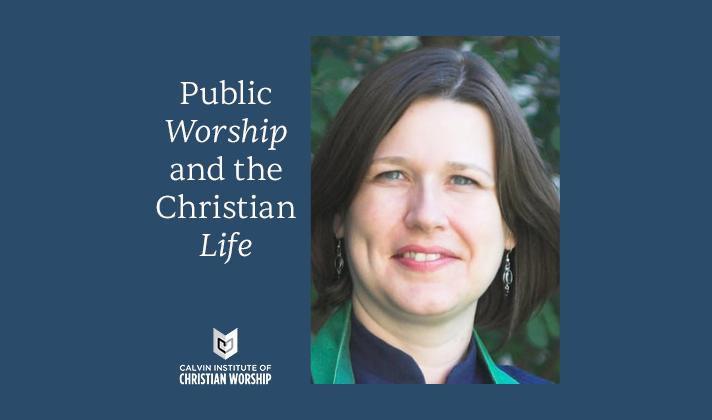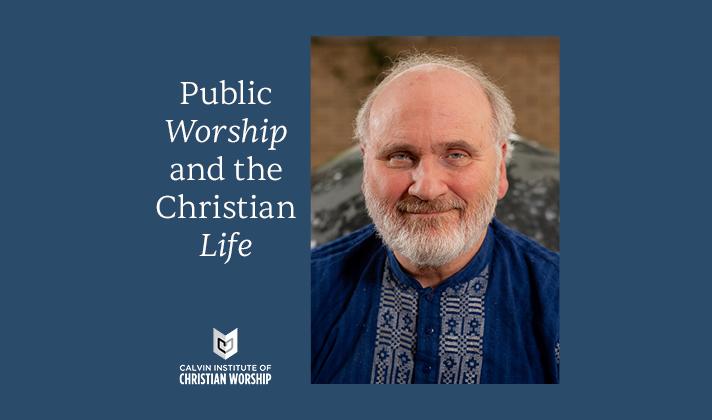Salmos 100 y 23: Llamado a la adoración y una expresión de plena confianza
En el libro de los Salmos encontramos un modelo que muestra cómo los creyentes antiguos caminaron en el camino de la vida sorteando las muchas circunstancias de la vida.
Traditional Keerthanai Concert with English Translations
This Manamahizh Keerthani Kuzhu concert in India includes Tamil-language Christian keerthanai praise and devotional songs sung in the traditional manner. Group members sang in Tamil but translated the lyrics into English.
Tamil Christians Revive Keerthanai Music
Christians in South India are reviving keerthanais, poems of Christian praise and devotion sung in the Tamil language. They are working to bring this cultural expression back into church worship
Susheila Williams: Using the Arts to Express Tamil Christianity in India
Susheila Williams, a scholar, painter, and music enthusiast, draws on her native language and culture to express Tamil Christianity in India. She uses her education, privilege, and biblical faith to improve the lives of women, especially those who are most marginalized.
Festival Application for "Santo, Santo, Santo / Holy, Holy, Holy" Song Festivals
Worshiping communities are invited to apply for support to host a free, public festival, to celebrate the unity of the church in vibrant congregational song through the use of the hymnal, "Santo, Santo, Santo / Holy, Holy, Holy", GIA Publications, 2019. We are open to receiving proposals from congregations, parishes, campus ministries, summer camps, chaplaincy ministries, and Christian schools. This opportunity could be particularly compelling for schools that offer instruction in choral music, Spanish and English languages, and Christian faith.
Lisa Fields on the Christian Heritage of Africa
Exploring African Christianity’s golden era and its continued impact on global Christianity helps Black millennials and Gen Zers see themselves in God’s redemptive history. It also provides a needed corrective to all who identify Christianity as mainly a white religion.
Decades-Long Spiritual Formation
An international pastoral leader, a public theologian, and a young scholar explain how the Calvin Institute of Christian Worship has impacted them—and made room for them to influence CICW and others.
Anne Emile Zaki on Global Growth in Mutual Learning
An Egyptian seminary professor and preacher explains the importance of “a posture of general humility” so that global Christians can learn from and worship with each other.
Reynolds Chapman: Local History Matters to God
You might not think often about the land your church sits on or the community beyond your church property. But finding ways to learn local history and include it in worship may help church members become more faithful disciples, more meaningfully draw near to God, and reach people who are disconnected from the church.
Sarah Travis on Unsettling Worship
Sarah Travis explores how Christian worship, through its rhythm of Gathering, Word, Table, and Sending, both unsettles us and equips us to do the work of conciliation and reconciliation with Indigenous peoples.
Ron Man on Biblical Foundations of Worship
For more than 25 years, Ron Man has been teaching on the biblical foundations of worship. He gathers up that learning in his book “Let Us Draw Near”, a testimony to the power of scripture to guide pastors and worshipers in our calling to be worshipers of God.
Anneli Loepp Thiessen on Creating Non-Hymnal Songs
Even when denominations try their best to compile culturally sensitive hymnals, not every congregation can or should use that hymnal. That’s why Anabaptist Worship Network works to include more people and cultures in creating new songs for use in worship.


